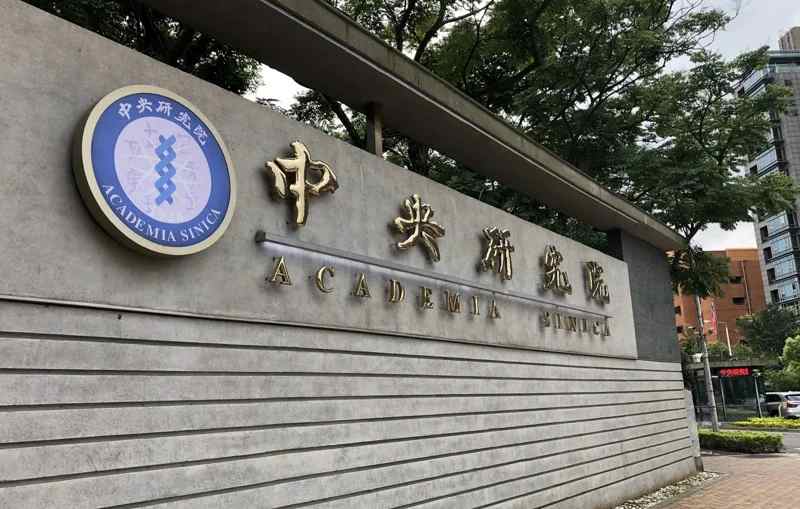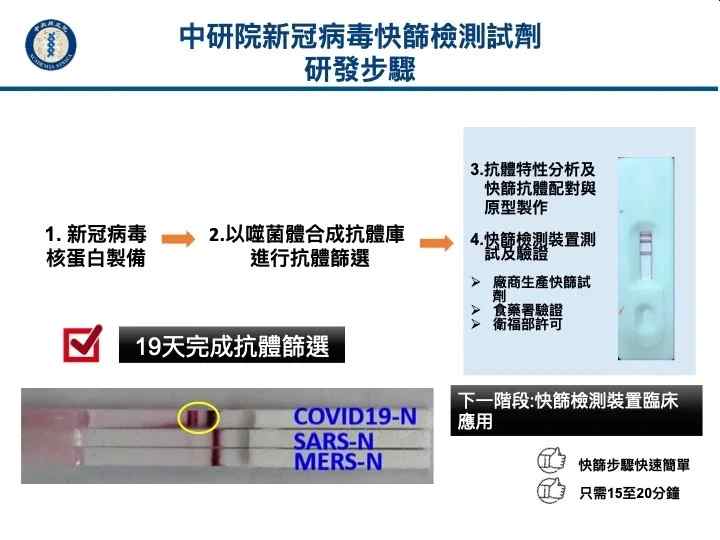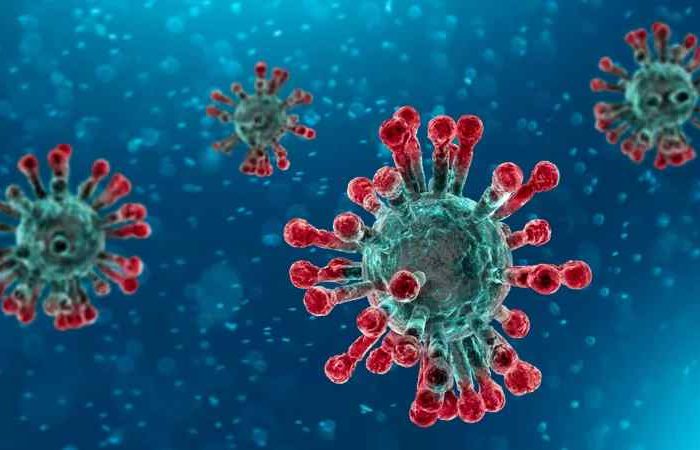Coronavirus detection and screening breakthrough: Taiwanese genome researchers just developed a rapid 15-minute COVID-19 diagnostic testing

With at least 3,996 reported deaths from coronavirus around the world, the United States has been slow in its response to detect people infected with the virus. According to the CDC, it takes anywhere between 12 to 24 hours to test people for the virus.
However, there is great news coming out of today from Taiwan. A team of genome researchers at Academic Sinica has developed a rapid testing that can shorten the time for nucleic testing, the standard testing to confirm #coronavirus cases, from 4 hours to 15 to 20 minutes. According to a report from UDN.com, a Taiwanese news site, the Central Academy of Sciences today (8) successfully synthesized a single antibody group that can recognize the protein of new crown virus (SARS-CoV-2), which will be used as a key reagent for the rapid screening device.
Up until now, the detection of new crown pneumonia virus is performed by nucleic acid test, which takes about 4 hours on average and requires special equipment. The Academia Sinica announced today that it has successfully synthesized a monoclonal antibody group that recognizes the protein of the new crown virus (SARS-CoV-2), which will be used as a key reagent for the rapid screening device. If mass production is successful in the future, screening for new coronary pneumonia has the opportunity to be like the flu, and the results can be quickly learned in 15 to 20 minutes, effectively improving the capacity of collection and inspection, according to UDN.com.
 Researcher Yang Ansui, researcher of the Institute of Genomics, Academia Sinica, said that the key to fast screening is that its antibody reagents must be able to accurately identify the new crown virus. He led the research team to produce the first batch of 46 monoclonal antibodies (IgG) at the milligram level against 7 human coronavirus nuclear protein (Nucleocapsid protein) antigens in just 19 days. Good single identification, only respond to the new crown virus, and will not cross-react with SARS, MERS virus or other corona viruses that cause a common cold. It can effectively determine whether the new crown virus is infected during quick screening.
Researcher Yang Ansui, researcher of the Institute of Genomics, Academia Sinica, said that the key to fast screening is that its antibody reagents must be able to accurately identify the new crown virus. He led the research team to produce the first batch of 46 monoclonal antibodies (IgG) at the milligram level against 7 human coronavirus nuclear protein (Nucleocapsid protein) antigens in just 19 days. Good single identification, only respond to the new crown virus, and will not cross-react with SARS, MERS virus or other corona viruses that cause a common cold. It can effectively determine whether the new crown virus is infected during quick screening.
Yang Ansui’s laboratory has developed and completed a synthetic antibody library technology platform. Its core technology lies in its patented synthetic antibody library group. The use and storage of the antibody library are all based on the E. coli system, which does not require animal facilities. Therefore, the time, consumables, and environmental costs are extremely low. In addition, the artificial intelligence computer design can quickly provide a large number of novel and unique antigen-specific antibodies. Corresponding to identification antibodies, these antibodies are the innovative basis for providing anti-epidemic solutions.
Dean Liao Junzhi of the Academia Sinica said that the results are due to the cooperation of our team in early February to quickly synthesize the new coronavirus nucleoprotein antigen. Yang Ansui’s team used decades of accumulated technology to perform antibody synthesis and screening day and night. This important achievement.
The Academia Sinica said that under the arrangement of the Ministry of Economic Affairs, the research team will discuss with several manufacturers to produce prototype products for fast screening testing. If all goes well, we hope that the manufacturer can pass the verification and mass production of the Ministry of Health and Welfare within 3 to 4 months. Liao Junzhi said that in the next step, the research institutes, manufacturers and the Ministry of Health and Welfare still need to communicate closely to accelerate the verification of patient specimens for large-scale clinical application.
By then, the new coronary pneumonia detection method will be compared to the rapid screening of influenza, and within 15 to 20 minutes, it will be screened for positive results. Compared with the current nucleic acid test, which takes at least 4 hours, it will effectively increase the amount of energy collected, speed up the screening time, and prepare for epidemic changes.




